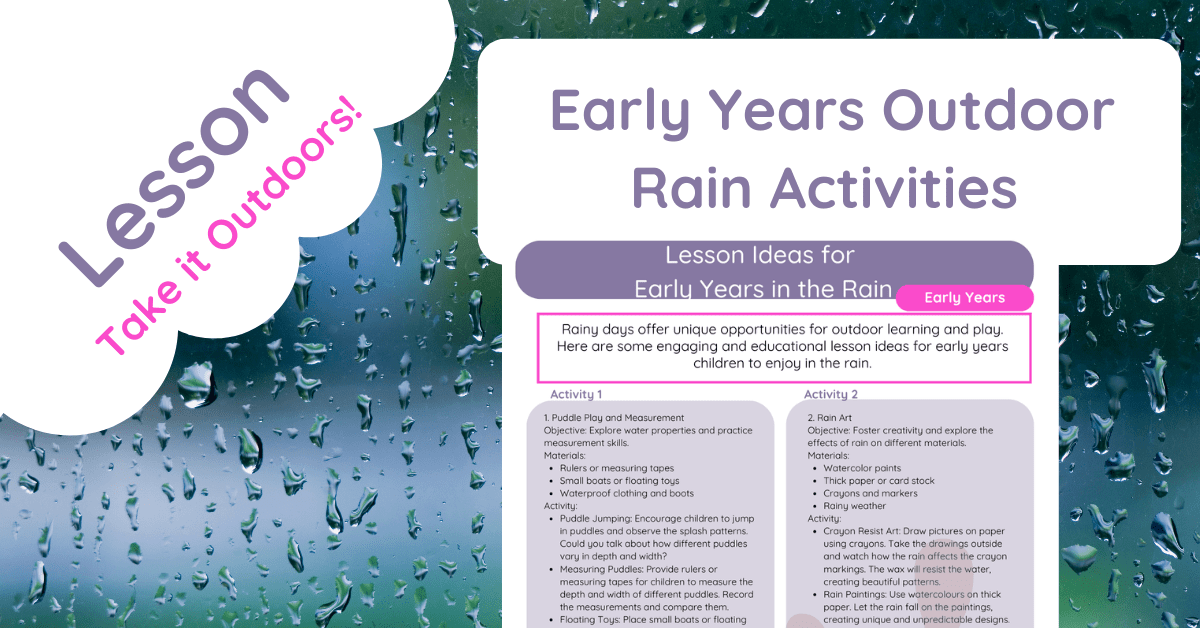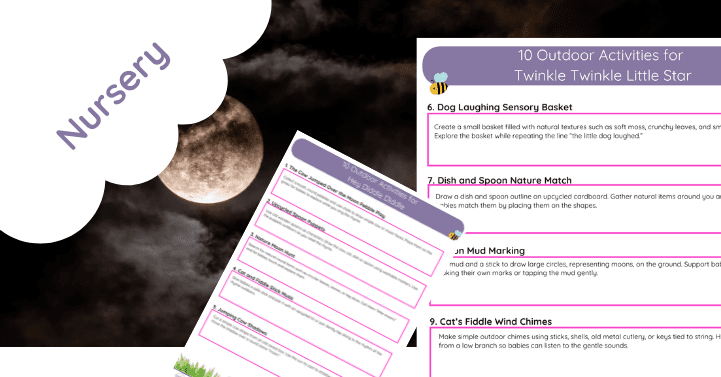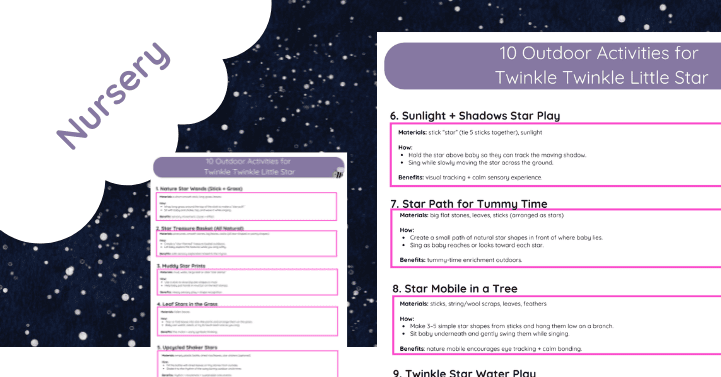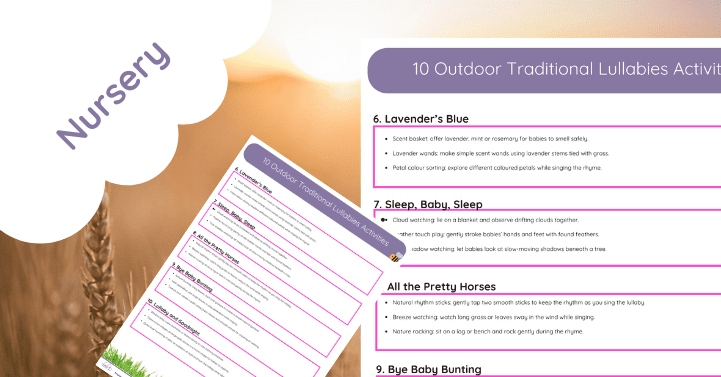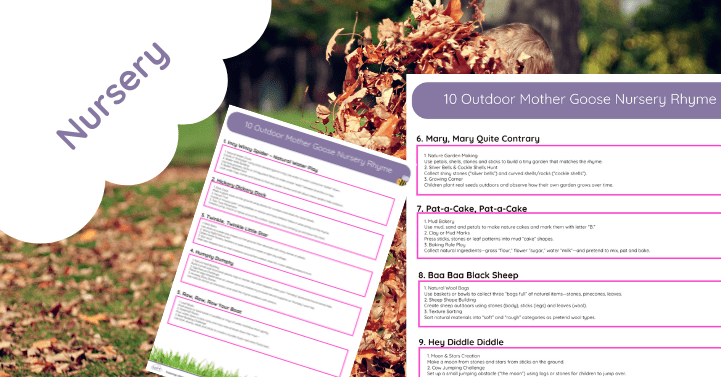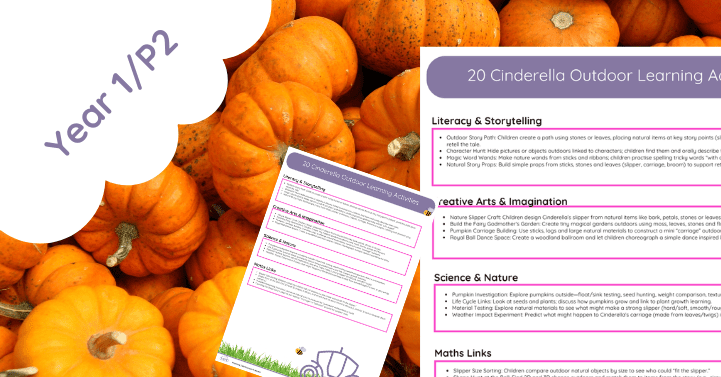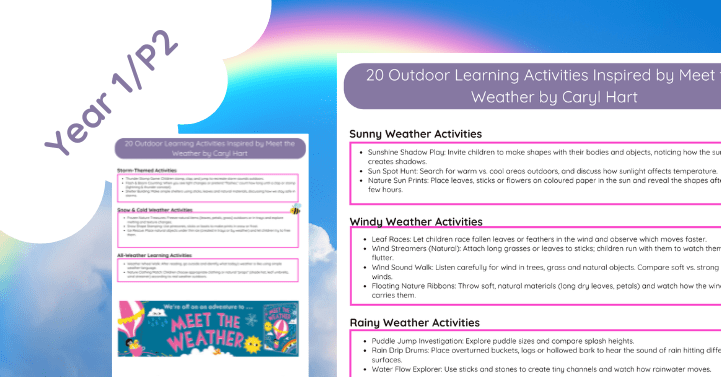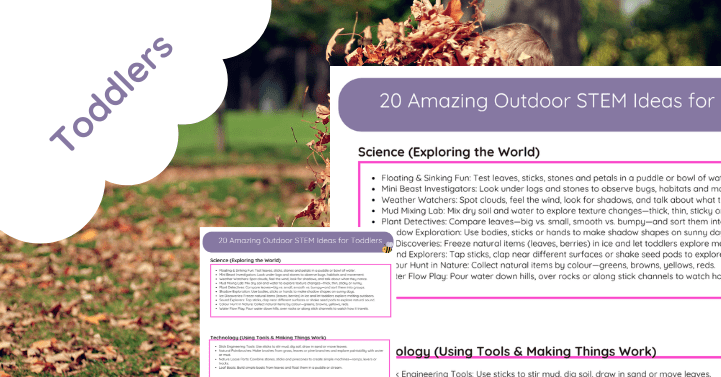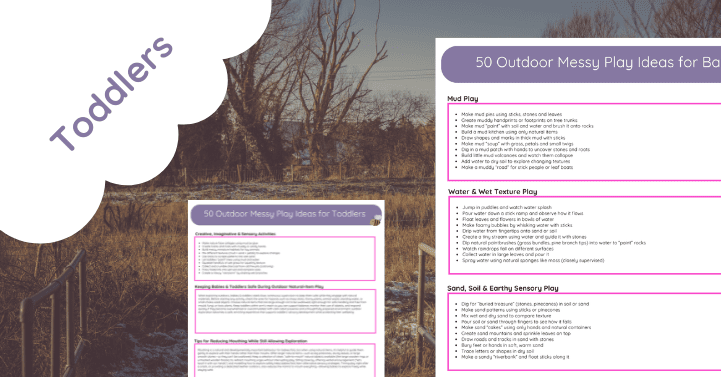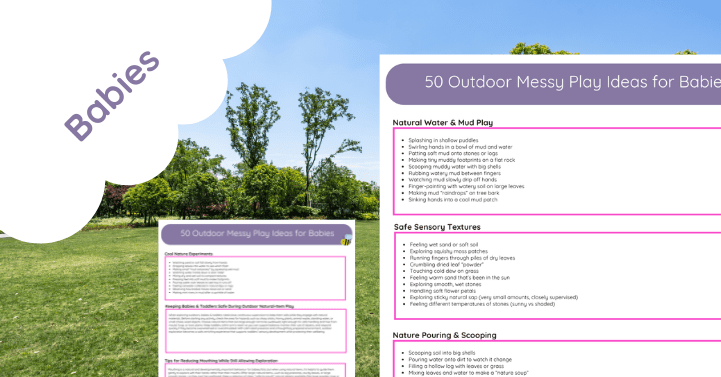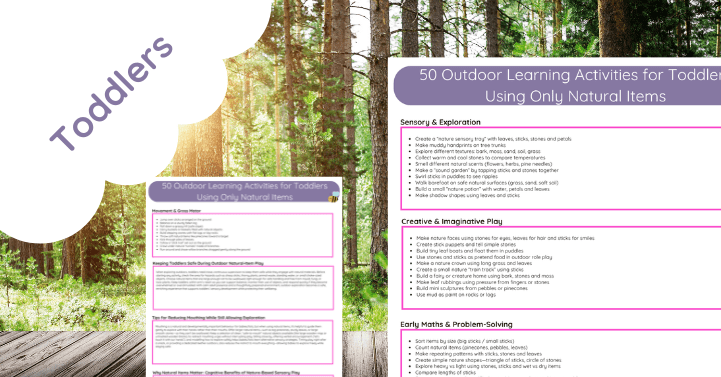Why Early Years Should Engage in Rain Activities
Engaging in rainy activities offers numerous developmental benefits for children in their early years. It fosters an appreciation for nature, enhances sensory experiences, and promotes various skills crucial for their growth. Here are some compelling reasons why early years children should participate in rain activities:
1. Enhanced Sensory Development
Benefit: Rain activities provide unique sensory experiences that stimulate children’s senses.
Explanation: The sound of raindrops, the sight of ripples in puddles, the feel of wet surfaces, and the smell of fresh rain all contribute to a rich sensory environment. These experiences help children develop their sensory processing skills, which are crucial for learning and development.
Research: According to Creative Play, sensory play is vital for brain development and helps children understand and navigate their environment.
2. Encourages Curiosity and Exploration
Benefit: Rain activities stimulate curiosity and encourage children to explore their surroundings.
Explanation: Rain creates new and exciting environments for children to explore, such as puddles, mud, and wet leaves. These changes in their outdoor environment can spark curiosity and lead to exploratory play, which is essential for cognitive development.
Research: Visit Chester highlights that outdoor play, including play in the rain, fosters curiosity and investigative skills in children.
3. Promotes Physical Health and Motor Skills
Benefit: Playing in the rain promotes physical activity and enhances motor skills.
Explanation: Activities such as jumping in puddles, running, and balancing on wet surfaces help develop both gross and fine motor skills. Physical play in different weather conditions also contributes to overall physical fitness and health.
Research: The Centers for Disease Control and Prevention (CDC) states that physical activity is essential for healthy growth and development in children.
4. Fosters Resilience and Adaptability
Benefit: Rain activities help children develop resilience and adaptability.
Explanation: Playing in the rain teaches children to adapt to changing conditions and embrace challenges. It builds resilience as they learn to navigate wet and slippery environments, solve problems, and persist despite the discomfort of being wet or cold.
Research: According to the Harvard Graduate School of Education, exposure to varied outdoor conditions, including rain, helps children build resilience and adaptability.
5. Supports Emotional Well-Being
Benefit: Outdoor play in the rain can boost mood and support emotional well-being.
Explanation: Being outdoors and engaging in play, even in the rain, can be exhilarating and joyful. It provides a natural outlet for energy and emotions, which can reduce stress and promote happiness.
Research: The American Psychological Association reports that spending time in nature, including during rainy weather, positively affects mental health and emotional well-being.
6. Encourages Creativity and Imagination
Benefit: Rain activities inspire creativity and imaginative play.
Explanation: Rainy environments provide new materials and settings for creative play. Children might pretend to be explorers, build boats from leaves and twigs, or create artwork with mud and rainwater. These activities stimulate imaginative thinking and creativity.
Research: Nature Play emphasises that natural settings, including rainy ones, encourage imaginative and creative play in children.
7. Develops Environmental Awareness
Benefit: Rain activities foster a connection with nature and environmental awareness.
Explanation: Experiencing rain firsthand helps children understand and appreciate the natural world. It teaches them about weather patterns, the water cycle, and the importance of water for plants and animals.
Research: Little Kiwis highlights that outdoor experiences, including those in the rain, help children develop a deep appreciation for nature and environmental stewardship.


